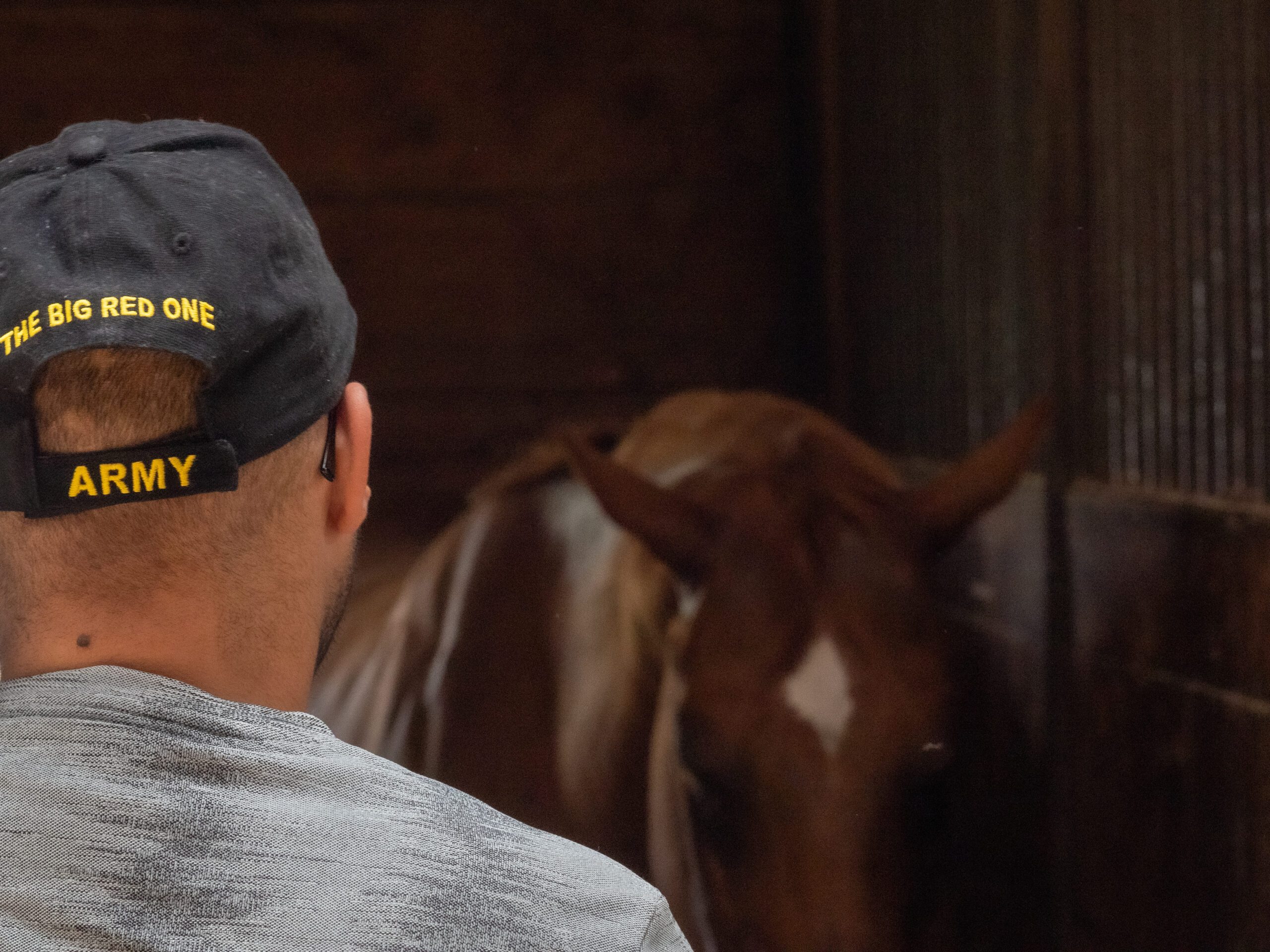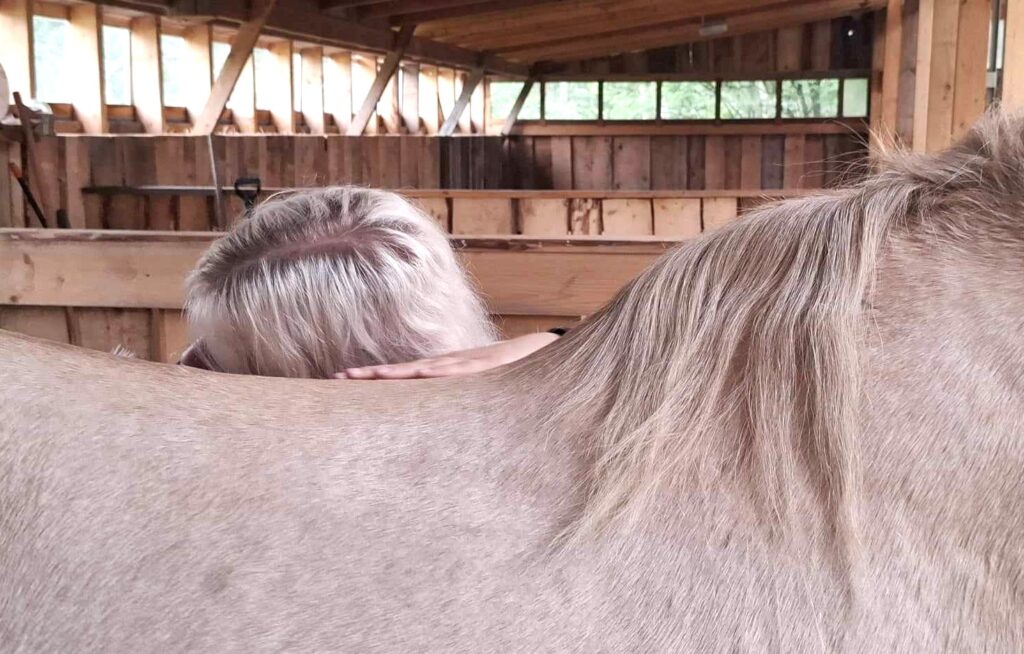The Horse’s Intuition: Why They’re So Good at Therapy

Horses have long been recognized for their unique ability to connect with humans on a deep emotional level. This connection is largely due to their remarkable intuition and sensitivity, which make them exceptional partners in therapeutic settings. In this article, we’ll explore the reasons behind the horse’s intuitive nature and why it makes them so effective in therapy.
Understanding the Horse’s Intuition

Horses are prey animals, which means they have evolved to be highly alert and sensitive to their environment. This heightened awareness allows them to pick up on subtle cues from humans, such as changes in body language, tone of voice, and emotional energy. Their intuition is not just a vague sense but a finely tuned ability to read and respond to human emotions.
Sensitivity to Human Emotions
One of the key reasons horses excel in therapy is their sensitivity to human feelings. They can sense anxiety, fear, sadness, and joy, often mirroring these emotions back to the person. This empathetic response helps individuals feel understood and supported, which is crucial in therapeutic contexts.
Therapeutic Benefits of Working with Horses
Engaging with horses in therapy, often called equine-assisted therapy or equine-assisted psychotherapy, offers numerous benefits:
- Emotional Regulation: Horses help individuals learn to manage their emotions by providing immediate, non-judgmental feedback.
- Building Trust: Developing a relationship with a horse requires trust, which can translate into improved interpersonal skills.
- Improved Communication: Since horses respond to non-verbal cues, therapy encourages clients to become more aware of their body language and communication styles.
- Stress Reduction: Time spent with horses has been shown to lower cortisol levels, reducing stress and promoting relaxation.
How Horses Enhance Therapy Sessions
Horses act as mirrors, reflecting the emotional state of the person interacting with them. This mirroring effect allows therapists and clients to observe and address emotional issues in real-time. Additionally, the physical activity involved in caring for and riding horses can boost confidence and physical health.
Frequently Asked Questions (FAQ)
| Question | Answer |
|---|---|
| What types of therapy involve horses? | Equine-assisted therapy, equine-assisted psychotherapy, and therapeutic riding are common forms. |
| Can anyone participate in equine therapy? | Many programs are designed for people of all ages and abilities, but it’s best to consult with a therapist. |
| How do horses sense human emotions? | Horses are highly perceptive to body language, facial expressions, and vocal tones, which helps them interpret emotions. |
Conclusion
The horse’s intuition and emotional sensitivity make them uniquely suited for therapeutic roles. Their ability to connect with humans on a profound level fosters healing, growth, and emotional well-being, making equine therapy a powerful tool in mental health treatment.
